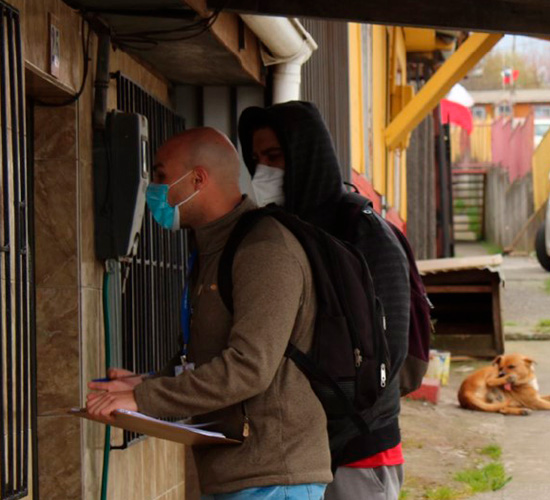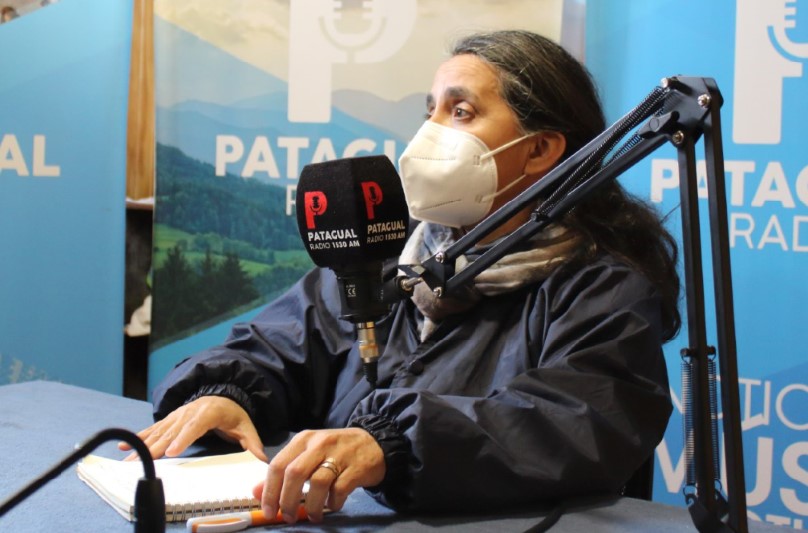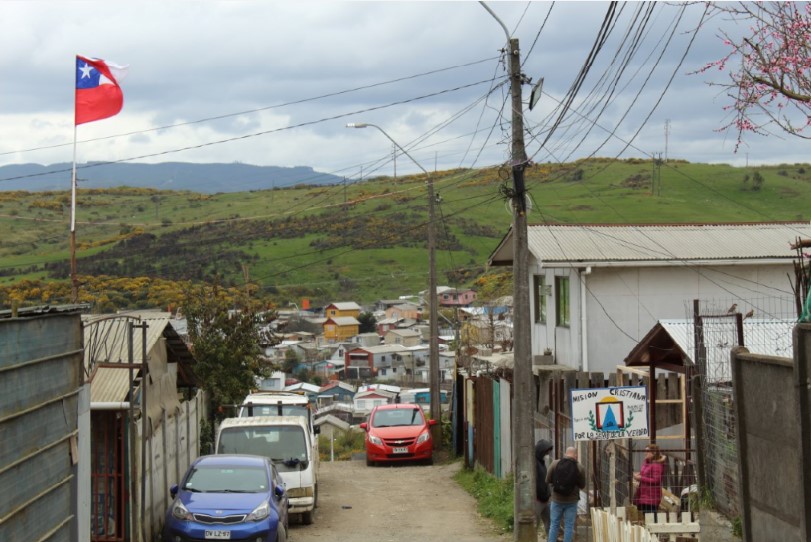Sandra Cortés and study of chronic diseases in Coronel: “It is the first time that work of this magnitude and quantity of high quality data has been done in Chile”

He study, commissioned by the Ministry of Health, aims to describe the prevalence of priority diseases and their social determinants in people's environment, by applying questionnaires and laboratory tests, in a representative sample of the commune of Coronel.
The territorial work of the study of "Determinants of Health in the commune of Coronel" already reached 60% of the scheduled. The objective of this study is to establish the communal prevalence of diseases associated with environmental deterioration, prevalence of elevated levels of urinary inorganic arsenic or lead in the blood and its risk factors in people over 18 years of age.
 To date, demographic and health questionnaires were applied, blood and urine samples along with physical condition and lung function tests from 670 people from Coronel, information that is recorded in a complementary manner and kept under confidentiality criteria. As explained by Dr.. Sandra Cortés, researcher responsible for the study, "So far., for each of these people we already have information of high individual value but also of high collective value".
To date, demographic and health questionnaires were applied, blood and urine samples along with physical condition and lung function tests from 670 people from Coronel, information that is recorded in a complementary manner and kept under confidentiality criteria. As explained by Dr.. Sandra Cortés, researcher responsible for the study, "So far., for each of these people we already have information of high individual value but also of high collective value".
This study seeks to establish the prevalence of chronic diseases related to the quality of the environment and also to psychosocial conditions, behavioral and biological. "Through an epidemiological study, after collecting all background, we will analyze people's conditions such as their level of schooling, health insurance system or even the history of their residences or jobs that may affect population health in Coronel. There are also other environmental conditions such as fixed or mobile sources that can alter air quality and its possible relationships with some health indicators", explains the researcher at the Center for Sustainable Urban Development (CEDEUS) and the Advanced Center for Chronic Diseases (ACCDIS).
The team that is developing this project is composed of experts from various disciplines, as geographers, statisticians, doctors belonging to the School of Health of the Pontifical Catholic University, and research centers such as CEDEUS and ACCDiS.
"Despite abundant environmental evidence, we know little about what happens to people and that is our task. We hope that this study and its results, are known to many people of Coronel, so that science is effectively available to people and allows key actors to make better decisions to improve the living conditions of the colonels", added the epidemiologist.
In 2006 the Metropolitan Area of Concepción, formed by Coronel, Chiguayante, Conception, Hualpén, Hualqui, Burbot, Penco, San Pedro de la Paz, Talcahuano and Tomé, was declared a latency zone by respirable particulate matter (MP10). Since 2015, the same area was declared saturated by fine respirable particulate matter 2,5 (MP2,5) as daily concentration. This background is of high value, just now that the World Health Organization has established more restrictive but at the same time more protective air quality recommendations for people's health..

